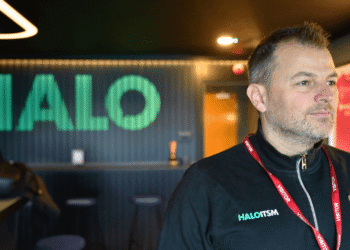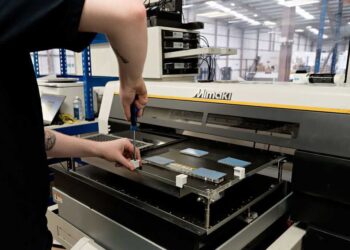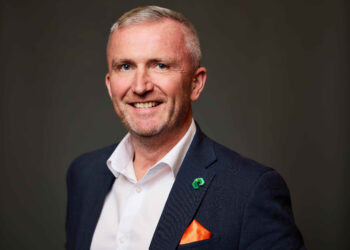Bytes Technology Group will likely break £2bn sales in its current financial year, its CEO has confirmed as she claimed upcoming Microsoft incentive changes will have “no material impact” on its performance.
The LSE-listed software specialist this morning posted first-half gross invoiced income of £1.23bn, a 14% hike year on year.
Talking to IT Channel Oxygen, CEO Sam Mudd confirmed this means BTG is on course to break £2bn GII in its fiscal 2025, despite its traditionally smaller second half. BTG’s second-half 2024 GII stood at £741m, by our calculations, meaning it would only have to grow marginally (less than 4%) year on year to top the £2bn mark.
This would thrust BTG into an elite group of resellers with a £2bn-plus UK top line, alongside the likes of Softcat, Computacenter and CDW.
“I think we will be a £2bn-plus organisation at the end of this FY,” Mudd said on a post-results call.
“Yes, it does [mean something to us]. If we’re not growing in line with our [vendor] partners’ growth, we’ll lose relevance, so it’s very important we continue to scale.”
“No material impact” from Microsoft changes

Upcoming incentive plan changes from one of BTG’s “key” vendors “might result in lower incentives in a few areas”, it acknowledged in its results statement this morning.
Mudd all but confirmed that the “key” vendor in question is Microsoft, which is known to be aggressively chopping margins on Enterprise Agreements for LSPs like Bytes (while moving incentives into other areas).
Despite conceding the changes – which are set to come in on 1 January 2025 – are “a little bit more severe than previous years”, Mudd said they will have “no material impact on us in this financial year or the next”.
“This is the world we’ve operated in now for decades, so it should come as no surprise,” she said.
“They reserve the right as they shift their strategy into new areas to align the incentives into new places – and we’ve always been very agile and responsive to those changes.
“The overall incentive pot grows – Microsoft has committed to that. It’s very much about driving the activities with partners that get the consumption execution going, and you could attribute that to all of the different cloud areas and priority areas, which are very publicly understood.”
Copilot “a journey over three to five years”
With BTG selling over 130,000 Microsoft Copilot licenses so far, Mudd characterised Copilot as “probably the best campaign we’ve ever run”.
“We’ve never had as many attendees on Webexs or attending workshops,” she said.
Despite rivals such as Salesforce’s Marc Benioff seeking to paint Copilot as a damp squib (he recently cheekily dubbed it as “the new Clippy”), Mudd emphasised that Microsoft’s new AI tool will be a slow burn.
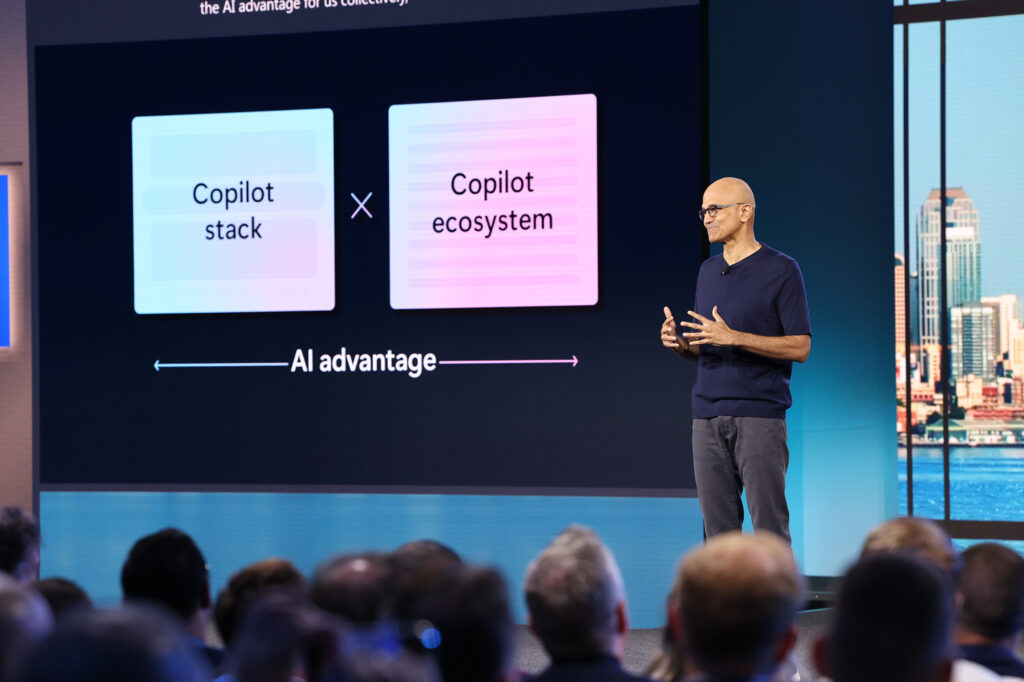
BTG’s annualised Copilot license sales already stand at around £39m.
“It’s very much a services-led conversation, in the sense that we don’t just dive in with the customer and ask them to procure Copilot,” Mudd said.
“The uptake of it might be in small increments – initially customers are trialling or piloting it – but the way we see this is it’s a journey over the next three to five years.”
“I hope I’m still smiling in another six months”
Although public sector brought home the bacon for BTG in its first half (public sector GII vaulted 19.5% to £862.8m compared with 2.1% GII growth for corporate), Mudd said she expects corporate to pick up as the new government beds in.
“Everyone would acknowledge this year’s been a tough one, and then throwing in a snap election and change of government, plus all the geopolitical stuff that’s going on in the world, has not helped. So I’m most proud of how we as a company have just kept going and executing,” she said.
“Public sector has performed nicely for us throughout the period, and I think that demonstrates that, when we have certain sectors that are softer, we’ve got the capability to drive harder in other areas.
“That’s not to say we don’t think the corporate sector won’t come back stronger. I think once the budget is clarified, boardrooms will start getting back to their normal cadence of procurement.”
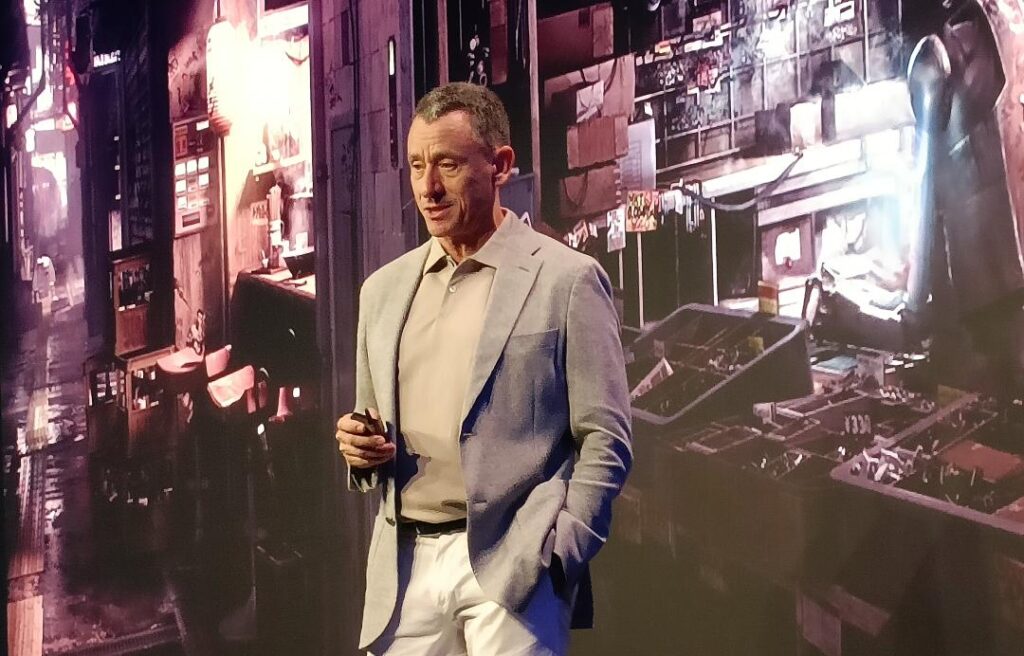
The mood music at Canalys Forums EMEA last week was fairly dark, as Canalys Founder Steve Brazier warned over the future growth prospects of the hardware channel.
So what’s the mood in camp for the CEO of the UK’s largest software reseller?
“[Steve Brazier] woke up on the wrong side that morning,” Mudd – who eschewed the Berlin conference to be at a Microsoft partner event in Seattle last week – responded.
“If you could see me now, I’m just thrilled with these set of results, and I think it’s a great platform for us to go forward,” she added.
“This is my second set of results, and I hope in another six months I’m still smiling. But the energy levels in the business are fantastic and I have no reason to believe that we’re not going to achieve our ambitions.”
Headcount growth in BTG’s first half stood at 7% half-on-half, a rate Mudd expects to maintain in the second half of the year.
“To prepare for the growth expectations we have in FY26, we need to be putting in the relevant heads now – 7% feels about right going into H2,” she concluded.
Doug Woodburn is editor of IT Channel Oxygen








